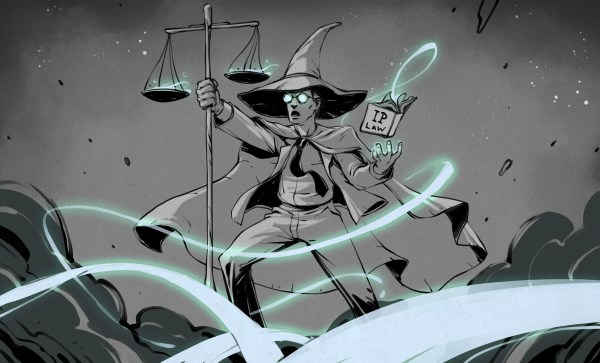While it’s not normal Hackaday fare, we’ve covered the Dungeons & Dragons licensing kerfuffle, partially because we’re all nerds at heart, and also because it’s worrying that an Open Source styled license could be “deauthorized”. I did touch base with the Open Source Initiative, and got a telling comment that this issue was outside their purview, as the OGL 1.0a didn’t rise to the definition of an OSI approved license, and the update looked to be a disaster.
Since our coverage was published, Wizards of the Coast released part of the Fifth Edition System reference Document (SRD) under a Creative Commons license, removed the profit sharing language from the OGL update, but notably left the language in place about deauthorizing the 1.0a version of the license. As you can imagine, fans were still unamused, and we informed WotC of our displeasure when they launched a survey, asking fans their thoughts on the new license.
And the outpouring was overwhelming, with over 15,000 survey responses in just over a week. The vast majority (90% for some questions) informed WotC that they had lost their collective minds. That response, combined with a plummeting subscription count on DND Beyond, Paizo’s explosion of popularity and new ORC license announcement, and the plethora of publishers jumping ship, has finally shone the light of reason upon management at WotC.
The latest announcement is a win in basically every regard. The OGL 1.0a will not be deauthorized, and the entire 5e SRD has been released under the Creative Commons 4.0 By Attribution license. That’s an interesting choice, as CC-BY-4.0 is a very permissive license. It’s not “viral”, as it does not place any licensing restrictions on derivative works, and there are no restrictions on commercial use. The only restriction is that attribution must be included. The latest SRD is now available under both licenses, you pick your preference. So as a reward for going through the trauma, we get a sizable chunk of the game under an even less restrictive license. Bravo.
Continue reading “Wizards Get Creative, Maybe Save The World”











